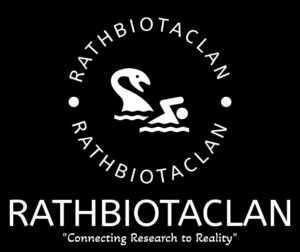A significantly higher risk of premature delivery has been revealed by a new study conducted by researchers at Karolinska Institutet and published in the journal eClinicalMedicine. This risk is being faced by babies that are born to pregnant women who was diagnosed with metabolic dysfunction-associated steatotic liver disease (MASLD), which formerly was known as non-alcoholic fatty liver disease (NAFLD). It seems that obesity does not effect this increased risk, suggesting MASLD itself may cause adverse effects on pregnancy outcomes.
Swedish national registry data was analyzed by the study, with 240 births from women diagnosed with MASLD and 1,140 matched births from the general population being encompassed. It was indicated by the findings that premature delivery was more than three times as likely to be experienced by women with MASLD compared to women without the condition. Notably, even when compared to overweight or obese women without MASLD, this heightened risk was persisted, highlighting that the risk is contributed by the liver disease itself.
Study Findings
- Severity of MASLD: The increased risk of prenatal birth was not correlated with the severity of MASLD, indicating that even early or moderate forms of the disease could has significant implications for pregnancy outcomes
- Cesarean Section Rates: A 63% higher likelihood of undergoing cesarean sections was exhibited by women with MASLD compared to the general population. However, this increased rate was being attributed to higher body mass index (BMI) rather than MASLD itself, as no any significant difference was observed when compared to overweight or obese women without the liver condition.
Congenital Malformations and Neonatal Death: The study found no increased risk of congenital malformations or neonatal death among infants born to mothers with MASLD, providing further assurance for other potential outcomes.
What Are The Practical Importance ?
Dr. Carole A. Marxer, the lead author, emphasized the importance of closely monitoring pregnant women with MASLD to mitigate the risk of complications. She suggested that healthcare providers update clinical guidelines to include specific recommendations for managing MASLD during pregnancy. Professor Jonas F. Ludvigsson, the senior author, noted that although the study accounted for various confounding factors, other unmeasured variables might also influence the observed risks.
Prenatal Care Focus
The need to raise awareness about MASLD in pregnant women is highlighted by this study. As metabolic disorders are being become more common worldwide, it is suggested that liver health checks should be integrated into prenatal care for better maternal and newborn outcomes.
Journal Reference:
Carole A. Marxer, Fahim Ebrahimi, David Bergman, Jiangwei Sun, Hannes Hagström, Marcus Thuresson, Olof Stephansson, Jonas F. Ludvigsson. Adverse pregnancy and birth outcomes in women with biopsy-proven MASLD: a nationwide cohort study. eClinicalMedicine, 2025; 103238 DOI: 10.1016/j.eclinm.2025.103238

















